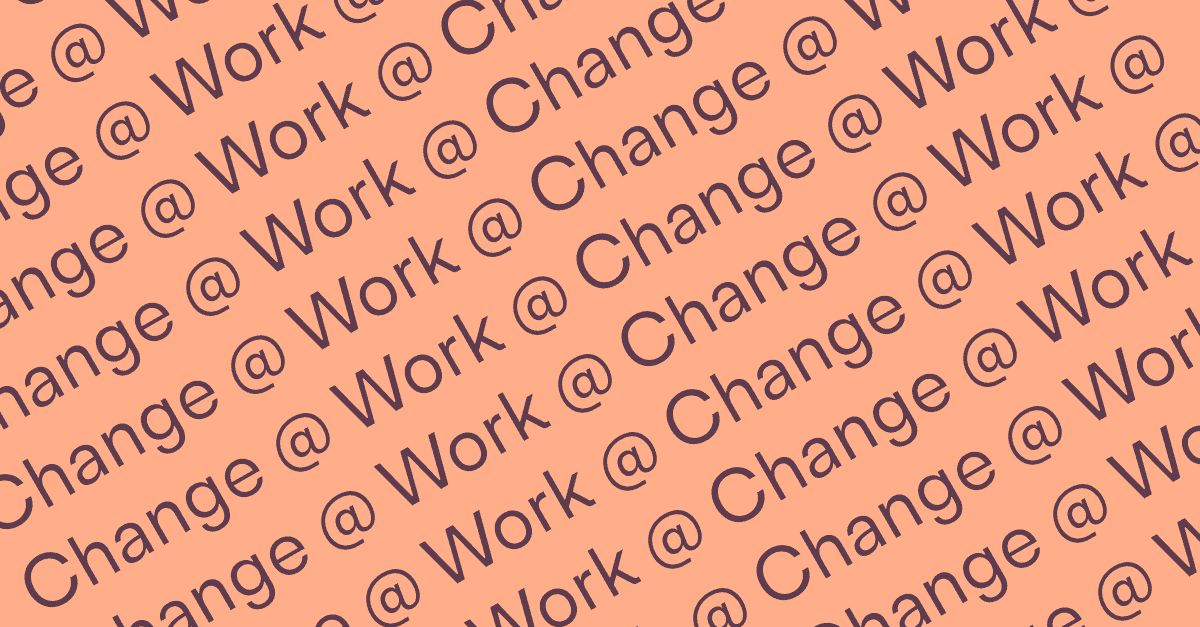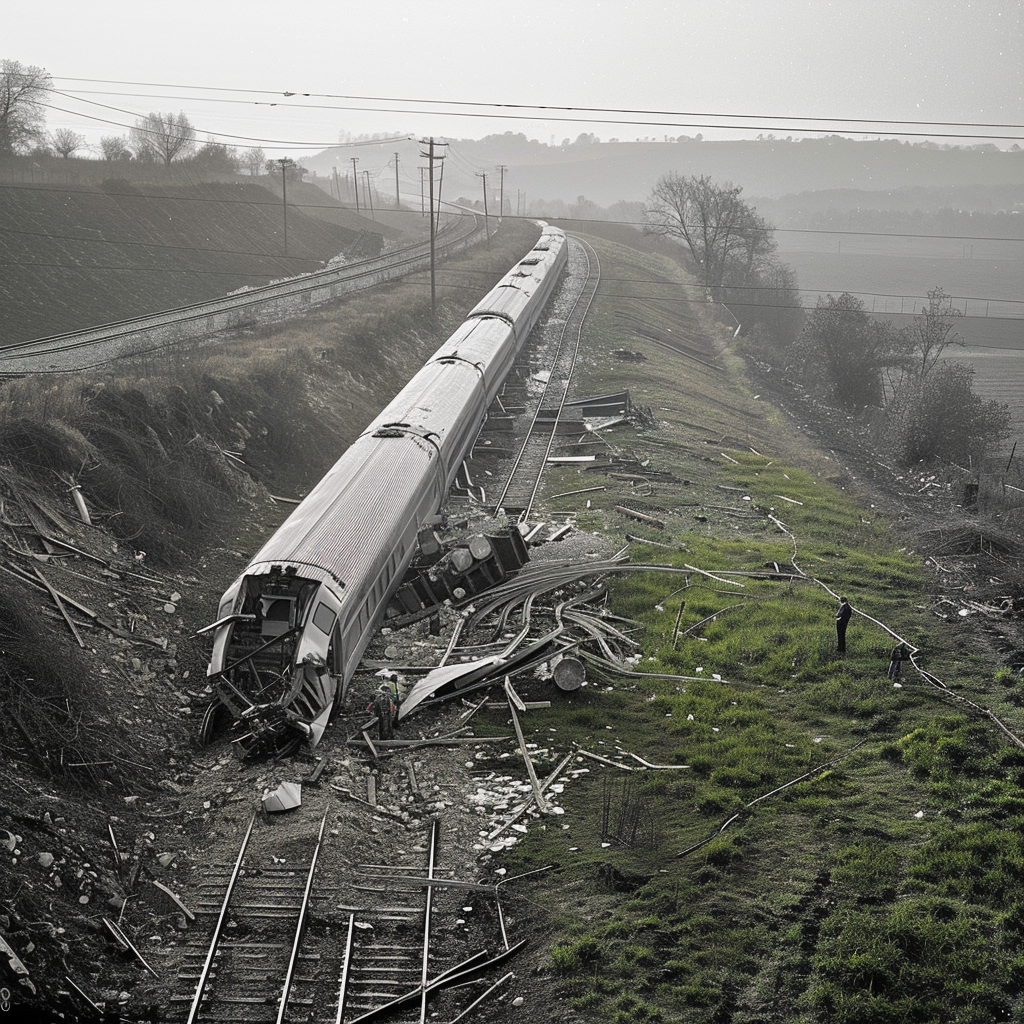As many teams rapidly transition to a remote workforce, they’re sure to encounter unexpected challenges. NOBL’s Bud Caddell, Co-Founder and Chief Strategy Officer, and Jane Garza, Managing Director LA, break down the two most important things to watch out for:
- Tools alone aren’t enough. While new tools are, of course, helpful when transitioning to remote work, you also need to change your culture—which may include everything from hiring and onboarding, to how you run your meetings.
- Things are going to be messy. As Kanter’s Law states, everything in the middle looks like a failure. As teams try to adopt new practices, there’s bound to be lots of uncertainty—but look at this as an opportunity to review existing practices and determine what’s really necessary.
Read the Transcript
Bud Caddell:
We’re here to talk about remote work. It’s so good to have everyone here if you weren’t here for the morning session. I just want to say that it’s not the best time in the world, but it is incredible that we can build some community and bring some people together and hopefully for us be of service as Nobel. Just a quick overview of who we are if in case you weren’t here before. I’m Bud, I’m the cofounder and Chief Strategy Officer of Nobel. We’re a global transformation agency. We do line of org design and change management work and I have with me Jane. Jane, introduce yourself please.
Jane Garza:
Hey, I’m Jane Garza. I’m the Managing Director of our Los Angeles team. I’ve been in the background during the early morning, and it’s fun to be on this side and see how many participants we have and how many places all over the world you’re all coming from. Welcome.
Bud Caddell:
Yeah, thank you. Okay. To start, we’d love a little exercise if you could. Take a photo of your work setup. It could be conventional. It could be highly nonconventional and share on social, either Twitter or LinkedIn, particularly with the hashtag #changeatworkcons. We’re going to be doing some giveaways and some prizes and things like that after the conference, so let us know. Let us see where you’re working. Everything here for me, looks mildly in control and everything behind my laptop is just pure chaos and plates and things like that. What about you, Jane?
Jane Garza:
I mean, yeah, because we’re running the seminar, I have 10 stations and various screens in front of me, but it looks very calm, hopefully terms of what you see.
Bud Caddell:
Nice. So quickly before we’ve got our host lined up already. We’re running a couple minutes late. I just wanted to be really quick on this. Some food for thought as we get into remote work. Just some things to hold. Put some hold in your mind as you listen to very, very, very smart and inspiring folks. One is a change of tools, without a change of culture, will cause harm.
We know there are lots of organizations right now rushing to go remote and are adopting new tools for the very first time. Without thinking about the culture of the team, you can reinforce some pretty bad behaviors and toxic behaviors and you can also sort of sweep under the rug or making invisible some things that really needed some light on them. This whole concept comes from the notion of socio-technical change.
You can go really deep and nerd out on this. It’s a field of work in the org dev sector. But essentially what it says is, we’ve got these two things. We’ve got the socio, which is people, relationships, rewards, authority, culture, the human side of work. Then we’ve got the technical side of work and it’s tools, procedures, tasks, related knowledge. Then unless these are optimized jointly, that we really think about how the tools and the humans work together.
We can actually start to sub optimize our organizations and cause a lot of chaos and harm. I think that’s what we’re going to talk about today. That it’s not just about tools, there’s so many companies right now just rushing to talk about tools and probably anyone who wasn’t already remote is thinking like, my God, what tools do I pick? But we want you to also think about what’s the culture side of it.
So I’m going to hand off to Jane to really talk us through what it’s like to go through that process. Because in our organization, she’s the one who’s thinking so often about how we can empower our teams with tools, but she also has a deep understanding of the change process itself and understands that it’s not just about adopting a new tool, it’s really about bringing people along through that journey. So Jane, I’m going to stop sharing and I’m going to hand it over to you.
Jane Garza:
Great. Okay. One second.
Bud Caddell:
I’ll do hold music.
Jane Garza:
Beautiful. Yeah. So I’ll be quick because we’re about to jump in with our first speaker and I want to give her all the time she can get. So first I think I just wanted to normalize real quick. I know a lot of you are, as we’ve seen all around the internet, people are going remote overnight, and I think one of my favorite lessons around change comes from one of my favorite change researchers, cancer, and it’s cancer’s law that everything looks like failure in the middle.
So if you’re feeling like, this is why we never did remote working, this is why I didn’t let people work from home because it’s hard and messy. It probably is messy right now. It’ll take a second to adjust and I just wanted to normalize that everyone probably feels a little bit discombobulated and that’s an enormous change. You’re in that middle point where everything is like that squiggly line of failure until you figure out what the right path is to communicate together and make decisions, et cetera.
The second bit is that remote work really is a cultural change, not a format change. So it’s really thinking about what is our culture around how we work remotely, versus just like we’ve changed formats and we’re going to do the same exact thing we’ve always done. If I take out the word remote from the talks that are in this section, they’re really all talks about culture.
There are talks about hiring, about diversity and inclusion, about creativity at work. So that’s really what we’re talking about today is culture, just in a different setting. I just want to make sure we don’t lose that piece, it’s your best point. At the end of the day, I think our gut impulse around remote work is, what is the right tool for remote work? Where really it’s what are the right behaviors and rhythms around those tools? How do we make sure we’re meeting at the right time, making decisions in the most public ways, et cetera, so that those tools help supplement our culture versus the other way around, we build everything around us, the tool itself.
With all of that in mind, I think we just want to get you thinking about now being the time to recalibrate your culture, because you are resetting and everything is in a state of motion. It’s a perfect time to rethink all of those practices. Everything is sort of influx right now for a lot of us, a lot of uncertainty. It really is what’s in that right now. So what better time to rethink? Like, is that the right meeting to have at this time? Is that the right way to make this decision? Maybe we should try a completely new strategy and I’m hoping that these talks will kind of guide you there.













